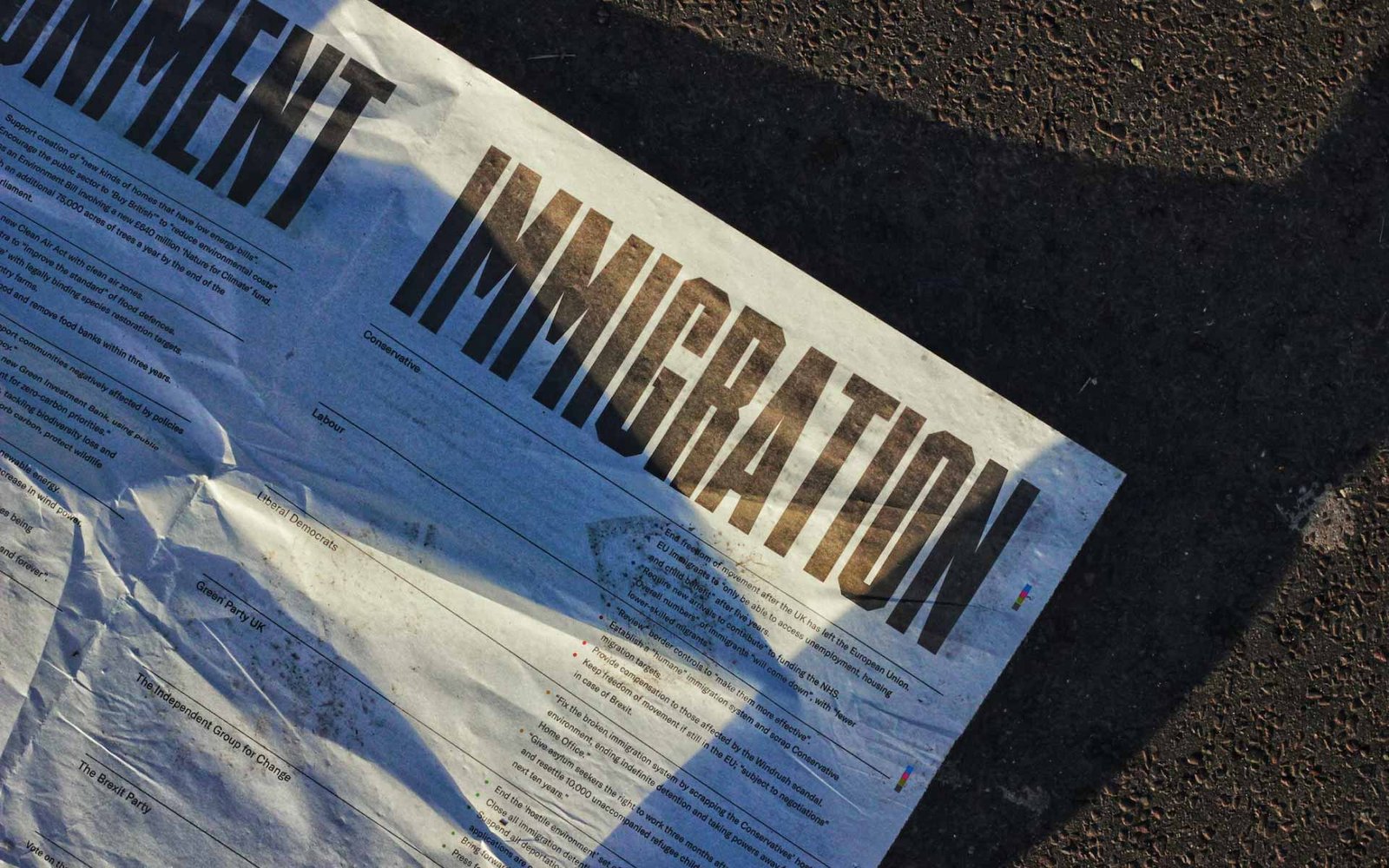Historic Win for Labour: Keir Starmer to Become Prime Minister
LONDON— Britain woke up on Friday to witness political upheaval. After 14 years of being out of power, the Labour Party has secured a decisive victory over the incumbent Conservatives.
Keir Starmer, the leader of the Labour Party, is set to assume the role of Prime Minister shortly, taking over from Rishi Sunak, whose tenure ended with one of the most significant defeats in British electoral history.
“We did it,” Starmer exclaimed to a jubilant crowd during a morning speech in central London. “You voted for it, and now it has arrived. Change begins now.” He thanked the voters, acknowledging their role in transforming the nation. “A weight has been lifted, a burden finally removed from the shoulders of this great nation, and now we can look forward again,” he stated.
As the night progressed, the extent of Labour’s triumph became clearer. Late Thursday’s exit poll indicated that Labour was poised to win 410 seats, just eight shy of its historical high. The Conservatives were projected to secure only 131 seats, marking their worst performance in nearly 200 years.
Labour’s victory was officially confirmed around 5 a.m. local time (12 a.m. ET) when they secured the 326 seats needed for a parliamentary majority. The final tally is still being calculated as vote counts continue nationwide.

Starmer's Historic Appointment: A New Chapter for Britain's Leadership
Unlike the U.S., the U.K. does not have an extended transition period. On Friday morning, Starmer will travel to Buckingham Palace to be formally appointed Prime Minister by King Charles III, a formality in Britain’s constitutional system. News cameras will capture his journey through London’s historic streets, escorted by police. This will be Charles’ first post-election prime ministerial appointment, a private meeting that usually lasts about 30 minutes.
Meanwhile, Sunak and his family will vacate No. 10 Downing St., the Prime Minister’s residence. It is customary for the outgoing leader to leave a handwritten note for their successor. The Starmers will move in shortly after, with Starmer expected to address the nation from the residence’s iconic black door.
Starmer is likely to acknowledge the significant challenges faced by Labour. The party inherits a struggling economy, deteriorating public services, increasing child poverty and homelessness, and a National Health Service in dire need of reform. Additionally, the country’s prisons are nearing capacity, and several local governments are on the brink of bankruptcy. The higher education sector is also facing financial instability.
The Labour Party itself faces potential internal issues. Many voters appeared motivated more by a desire to penalize the Conservatives for 14 years of scandals and policy failures than by a genuine affinity for Labour. This could mean Labour’s support is fragile and susceptible to quick dissolution.

Labour's Path to Power: Navigating Political Shifts and International Relations
Labour victories, especially of this magnitude, are rare in British politics, which has been historically dominated by the Conservative Party since World War II. Labour has been in power for only a little over 30 of its 120 years. Since the war, only three Labour leaders, including Tony Blair in 2005, have defeated the Conservatives.
Traditionally viewed as a left-of-center party, Labour under Starmer has shifted towards the center, similar to Blair’s approach. Starmer has aligned with some Conservative policies, committing to fiscal restraint and not raising taxes while adopting a firm stance on immigration and social security. Despite criticism from younger, left-wing supporters, he has also embraced national symbols like the Union Flag to appeal to older, more conservative voters.
Some analysts have criticized Starmer for being overly cautious given Britain’s substantial domestic and international challenges. One primary concern is the potential need to work with former President Donald Trump, should he win the upcoming U.S. election, despite past derogatory comments from Labour officials about Trump.
The U.K. has long touted its “special relationship” with Washington, and President Joe Biden, who shares Labour’s political leanings, has called London his closest ally. On defense, Starmer has pledged to increase military spending to 2.5% of GDP, slightly above NATO’s recommended target, amid concerns over Russian aggression in Ukraine.
Regarding environmental policy, Labour has promised not to issue new oil and gas licenses and to expand green energy initiatives. However, Greenpeace has criticized their plans as insufficient for a complete green transition.
In China, Labour is expected to maintain a policy of strategic ambiguity, balancing criticism of human rights abuses with the economic necessity of trade with Beijing.













